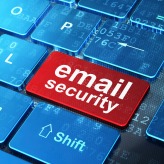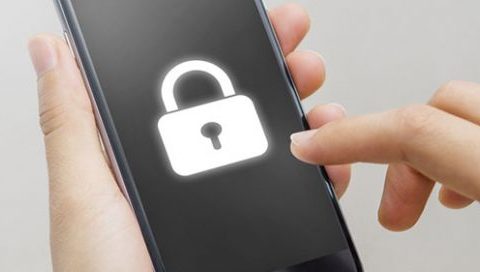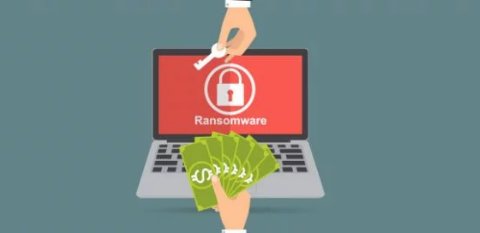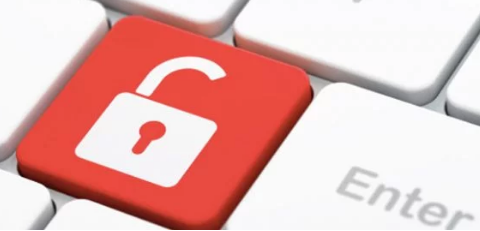Securing your email account
 In today’s technology-driven world, everyone uses email as the central hub for their personal internet activities, whether it’s communication, forum registration or newsletter signups. Email is one of the most useful tools the internet has made possible. But as emails become more prevalent, the importance of email security becomes more significant than ever. Applying these email management tips will protect your email account from hackers and viruses.
In today’s technology-driven world, everyone uses email as the central hub for their personal internet activities, whether it’s communication, forum registration or newsletter signups. Email is one of the most useful tools the internet has made possible. But as emails become more prevalent, the importance of email security becomes more significant than ever. Applying these email management tips will protect your email account from hackers and viruses.
Use separate email accounts
Most people use a single email account for all their personal needs. As a result, information from websites, newsletters, shopping deals, and messages from work get sent to this one inbox. But what happens when someone breaks into it? There’s a good chance they would be able to gain access to everything else.
Having multiple email accounts will not only boost your security, but also increases your productivity. You can have a personal account to communicate with your friends and family, another solely for receiving emails from work, and one recreational account for various website registrations and getting newsletters. Wise email users never put all their eggs in one basket!
Set strong passwords
Too many email accounts have predictable passwords. You might be surprised to learn that email passwords like ‘123456’, ‘qwerty’, and ‘password’ itself are still the most common around. For the sake of security, be a little more selective with your passwords. Spending a few moments on coming up with a good password will be beneficial in the long run. Mix upper and lower case letters, numbers, and special characters to form a unique password that makes sense and is memorable to you, but no-one else. Also, never use the same password for all your email accounts. This way, if someone hacks one of your accounts, all of the others are still safe.
Beware of links and attachments
When you see a link in an email, don’t click on it unless you’re expecting the link from a known source, such as from your friend or a confirmation link for your game account registration. The truth is that you never know where those links might lead you. Sometimes they can be safe, but other times they can infest your computer with viruses and malware.
Similarly, if you’re expecting a file from your friend or family, then go ahead and open the attachment. It’s always good to know the person sending the file. But be wary of attachments in emails from strangers. Even if the file name looks like a JPEG image, you should never open it. File names can be spoofed, and innocent files may be a clever virus in disguise, ready to latch itself onto your computer the moment you click on it.
Beware of email phishing
Phishing is a type of online scam when malicious users send you an email, saying that they’re representatives from high-profile websites like eBay, Facebook or Amazon. They claim that there’s a problem with your account, and that you should send them your username and password for verification. The fact is that, even if there was a genuine issue with your account, these companies would never ask for your password. You should ignore these phishing emails and sweep them into your spam box.
It all comes down to common sense when you’re dealing with email security issues. If you’re looking to secure your business emails, give us a call today and see how we can help.



